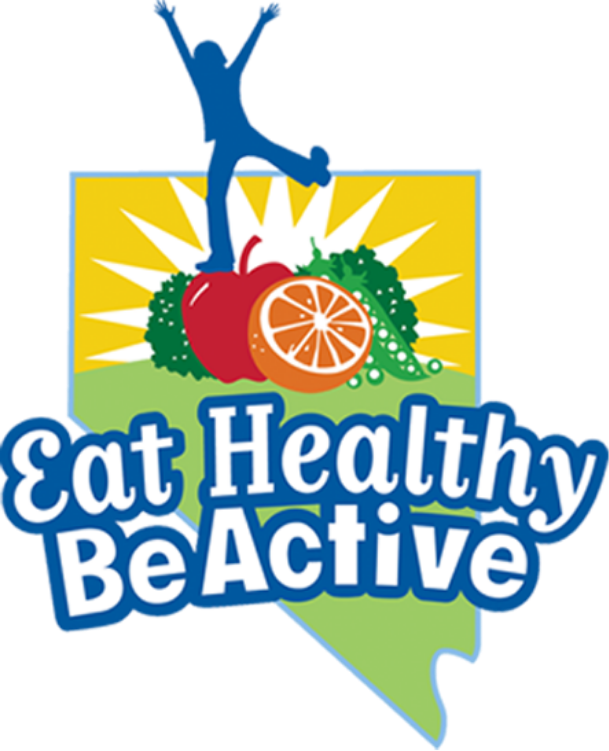As we age, healthy eating can make a difference in our health, help to improve how we feel, and encourage a sense of well-being.
Eating habits change throughout the life span. Simple changes can help you enjoy the foods and beverages you eat and drink to meet nutrient needs, help maintain a healthy body weight, and reduce the risk of chronic disease.
The definition of healthy eating does change a little as you age. As you grow older, your metabolism slows down, so you need fewer calories than before. Your body also needs more of certain nutrients. That means it’s more important than ever to choose foods that give you the best nutritional value.
- Try adding seafood, dairy or fortified soy alternatives, along with beans, peas and lentils to your meals to help maintain muscle mass.
- Add fruits and vegetables to meals and snacks. Look for frozen, canned, or ready-to-eat varieties if slicing and chopping is a challenge.
- Make eating a social event. Meals are more enjoyable when you eat with others. Invite a friend to join you or take part in a potluck at least twice a week. A community center or place of worship may offer meals that are shared with others.
- The ability to absorb vitamin B12 can decrease with age and the use of certain medications can decrease absorption. Eating enough protein and fortified foods, such as fortified cereals, can help you meet your vitamin B12 needs. Speak with your healthcare provider to determine what, if any, supplementation is right for you.
- If you use or are considering taking dietary supplements, it’s important to track and discuss all dietary supplements with your healthcare provider to determine what is right for you.
